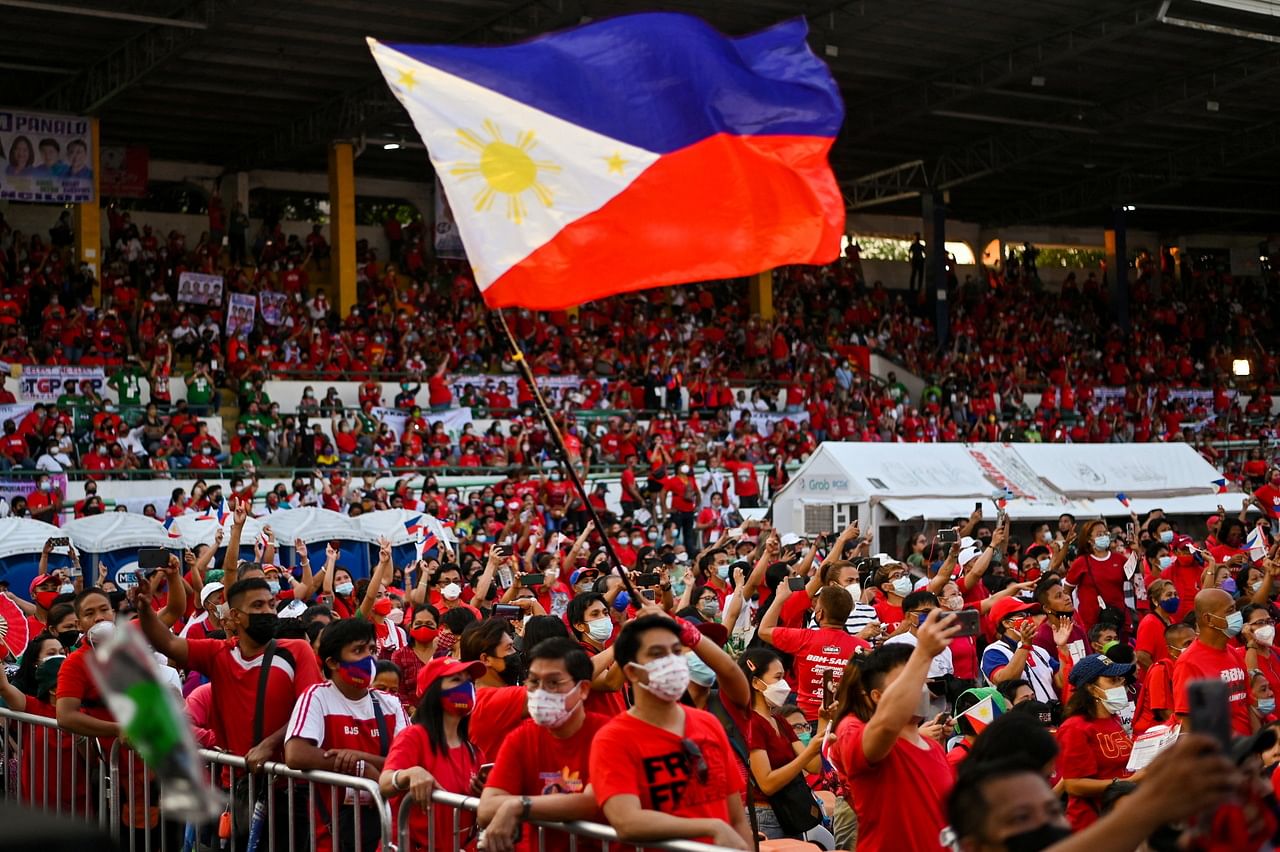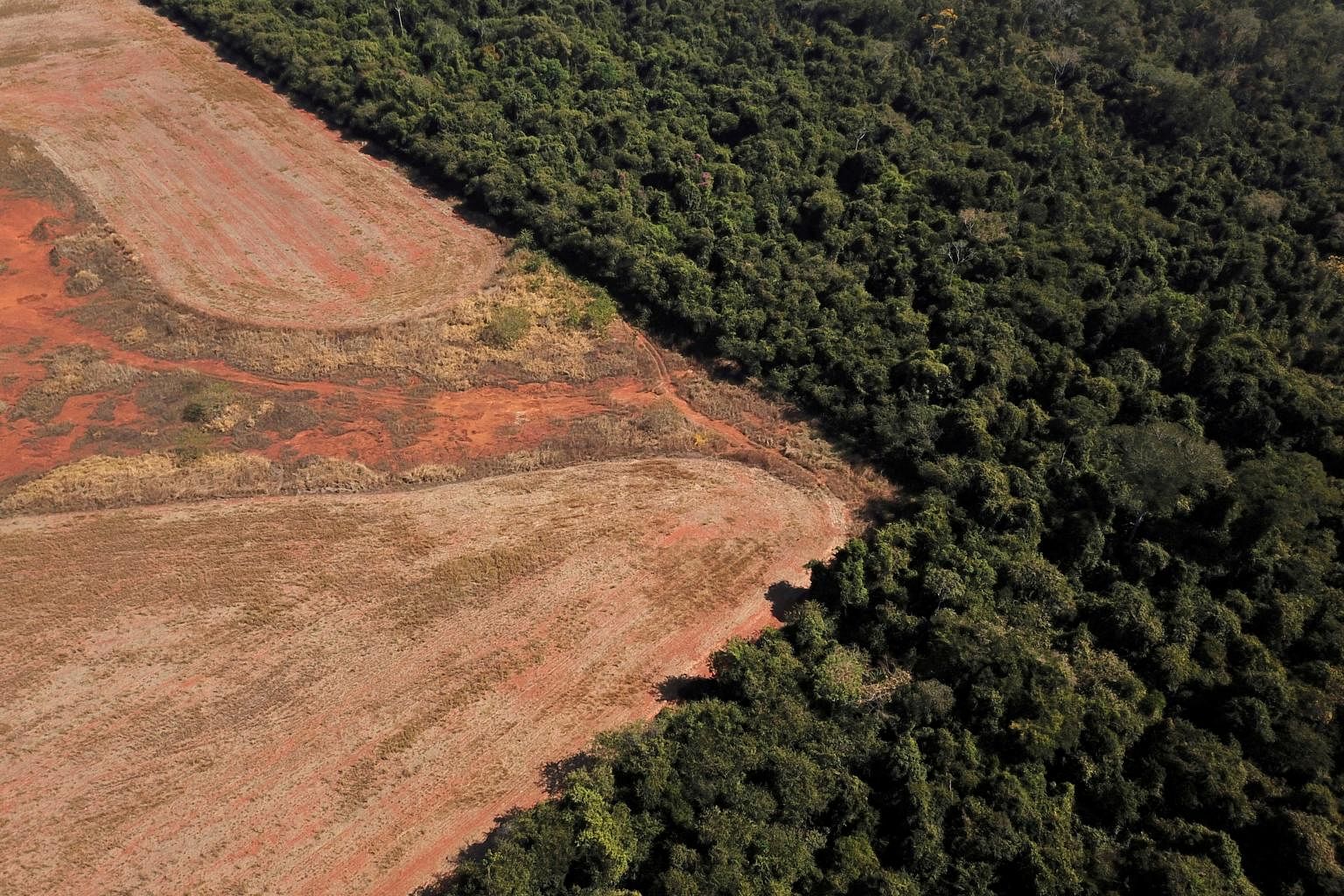Dear ST reader,
We hope you’ve been keeping well.
In our Asian Insider newsletter this week, we look at China’s continued pursuit of its dynamic zero-Covid strategy and how its people have responded. We also round up the elections taking place in the coming weeks and their implications for the region.
In pursuit of zero-Covid

Keen to avoid the lockdowns besieging Shanghai, the authorities in China's capital Beijing tightened Covid-19 curbs at the start of the May Day holiday, allowing only takeaways at restaurants and expanding testing requirements. Beijingers however have learnt very quickly how to sidestep the rules that are sprung on them, writes bureau chief Tan Dawn Wei.
Meanwhile Shanghai’s shutdowns have cast the spotlight on how crucial delivery riders are and sparked calls to improve their welfare, writes Aw Cheng Wei.
Read more:
Political fortunes hitched to virus
Election season

It’s election season in the region this month, with the Philippines, Hong Kong and Australia voting for their new leaders while the Thai capital Bangkok picks a new governor.
Look out for the latest instalment of Asian Insider this weekend, in which our Manila correspondent Raul Dancel examines what the future holds if the Marcos family returns to power as predicted. The prospect of Ferdinand Marcos Jr being elected president has also rekindled interest in the tale of Yamashita’s lost gold.
Hong Kong’s race for chief executive only features John Lee, who has made cross-border travel with China a priority and revived hopes amongst businesses for a fresh start.
Meanwhile kingmaker coalition Gabungan Parti Sarawak stays tight-lipped on which camp it will support at Malaysia’s next general election, which is widely-expected to be held this year.
Read more:
Rate hike deals blow to Morrison campaign
Sarawak asserts clout with federal government
Raya returns

Muslims in Indonesia and Malaysia celebrated Hari Raya Aidilfitri this year free of most Covid-19 restrictions, unleashing what used to be an annual exodus from cities to hometowns and villages. Over 85 million people in Indonesia were on the move for “mudik”, report Arlina Arshad and Linda Yulisman from Jakarta, driving up demand for booster shots as well as retail sales.
US-China ties

US-China friction has affected not just global trade and defence, it has also hobbled America’s domestic war on drugs, writes Charissa Yong in the latest edition of Power Play. China used to be the top direct supplier of fentanyl - a powerful opioid used as a painkiller but also as a recreational drug - but it barred exports to the US from 2019 under an agreement between Xi Jinping and Donald Trump. Since then however, China has refused to further restrict drug-related exports.
Meanwhile former Google chief Eric Schmidt told foreign editor Bhagyashree Garekar in an exclusive interview that the US may be ahead of China in the technology race for now but it can expect to be overtaken if it doesn’t up its game.
Ten football pitches a minute

The world lost primary rainforests in the tropics at the rate of 10 football pitches a minute in 2021, writes climate change editor David Fogarty, a rate that undermines global pledges to slash deforestation and increases the threat from climate change.
Over in India, a prolonged heatwave and acute power crisis caused by a coal shortage highlights its heavy reliance on fossil fuels and the challenges of moving towards renewable energy sources.
Save the koalas

Sydney’s last healthy koala colony is under threat from development, prompting calls from wildlife groups for koala corridors to be built to protect the 500 or so marsupials. Read all about it in the latest dispatch of Letter from the Bureau.

